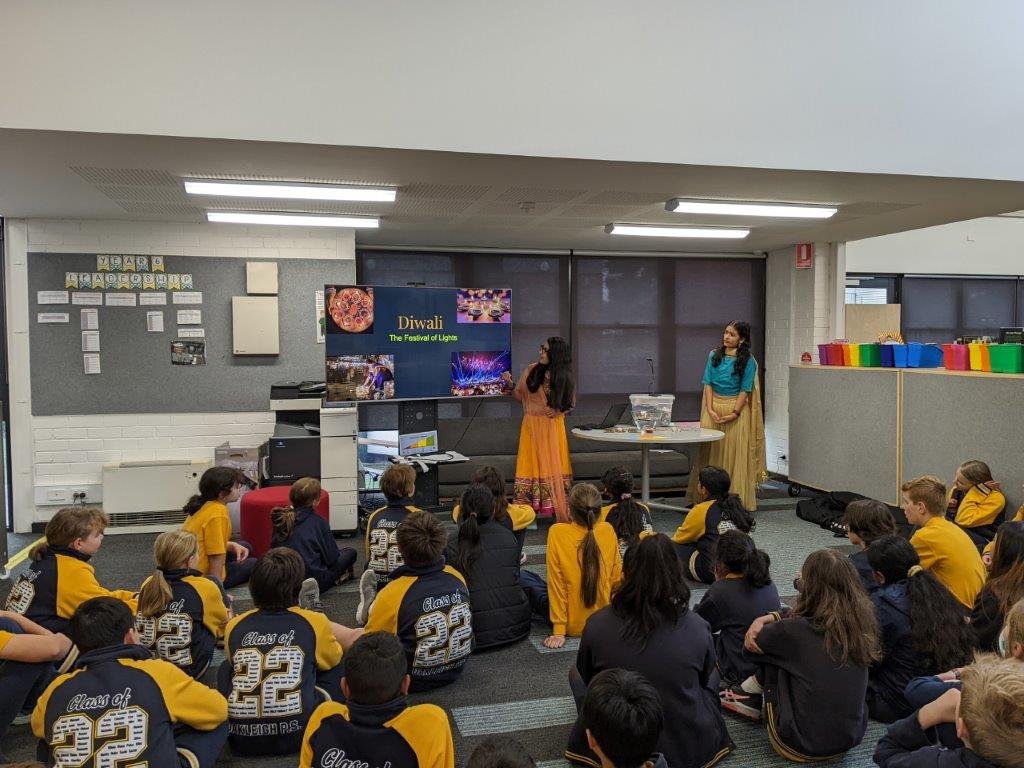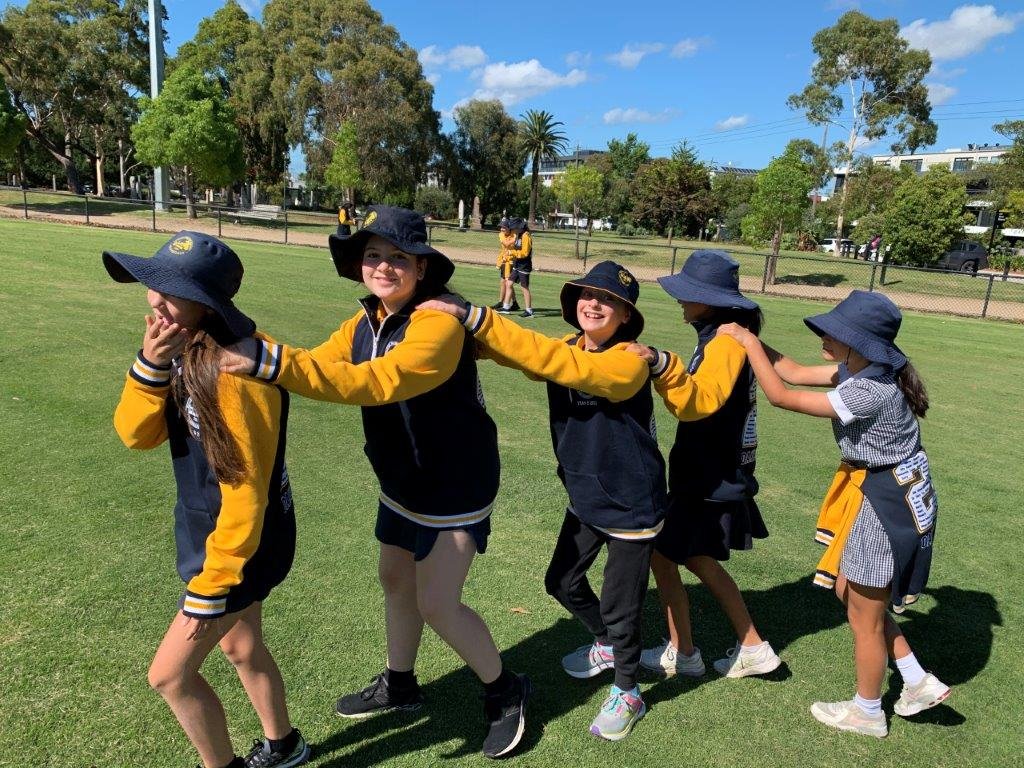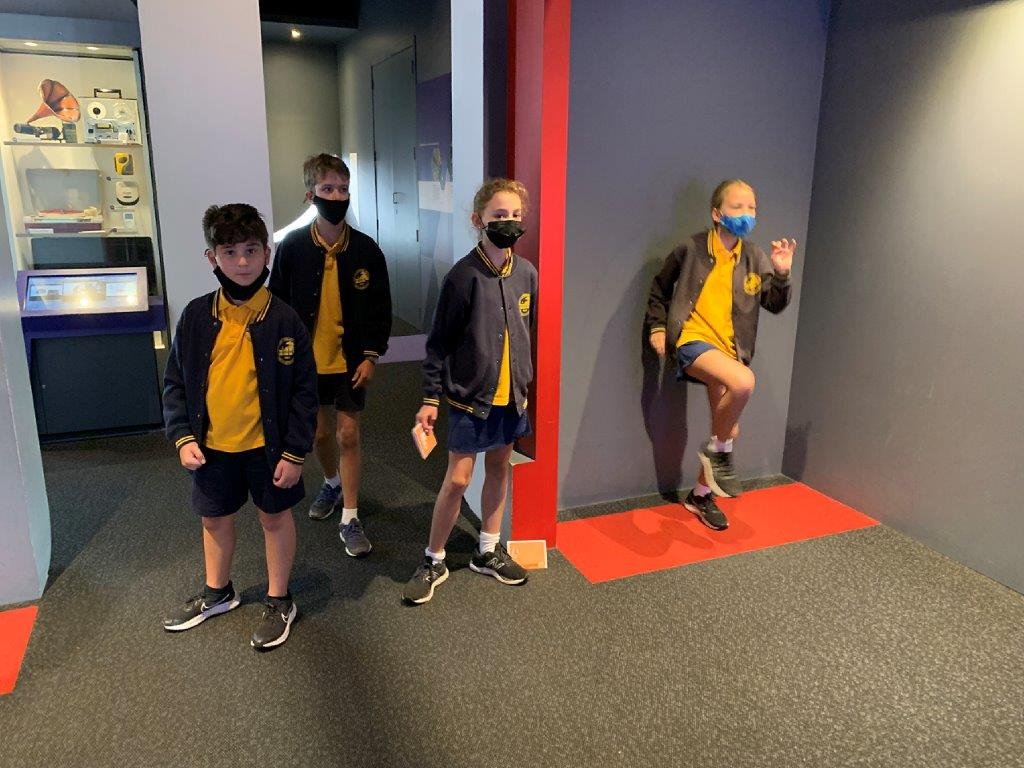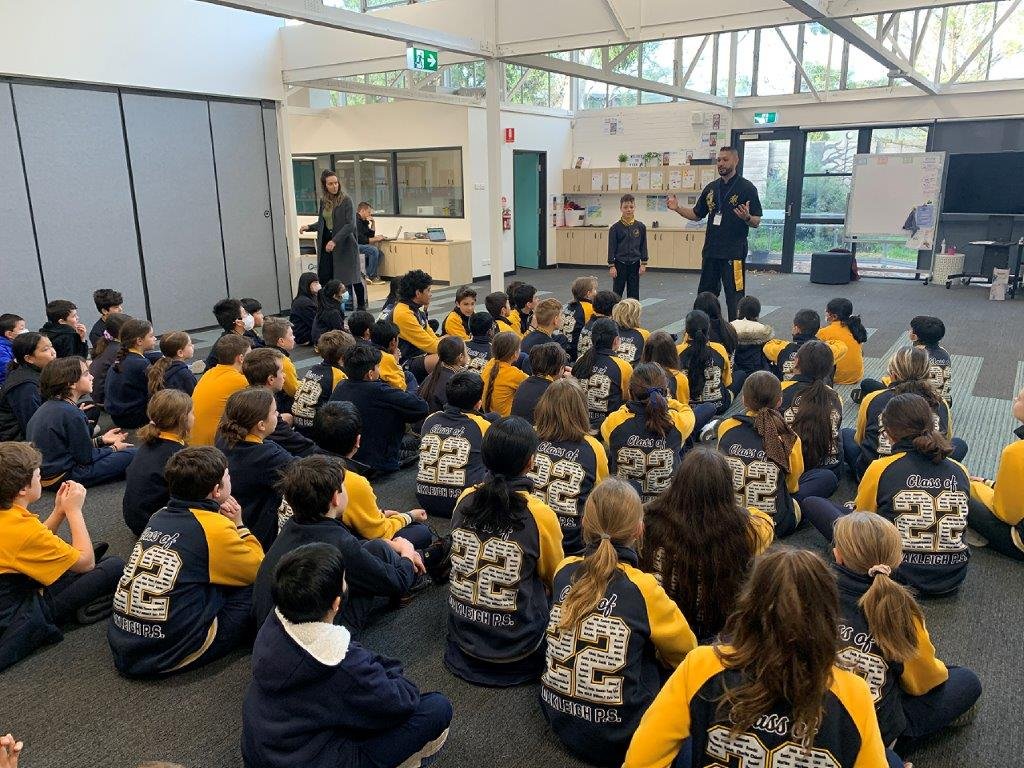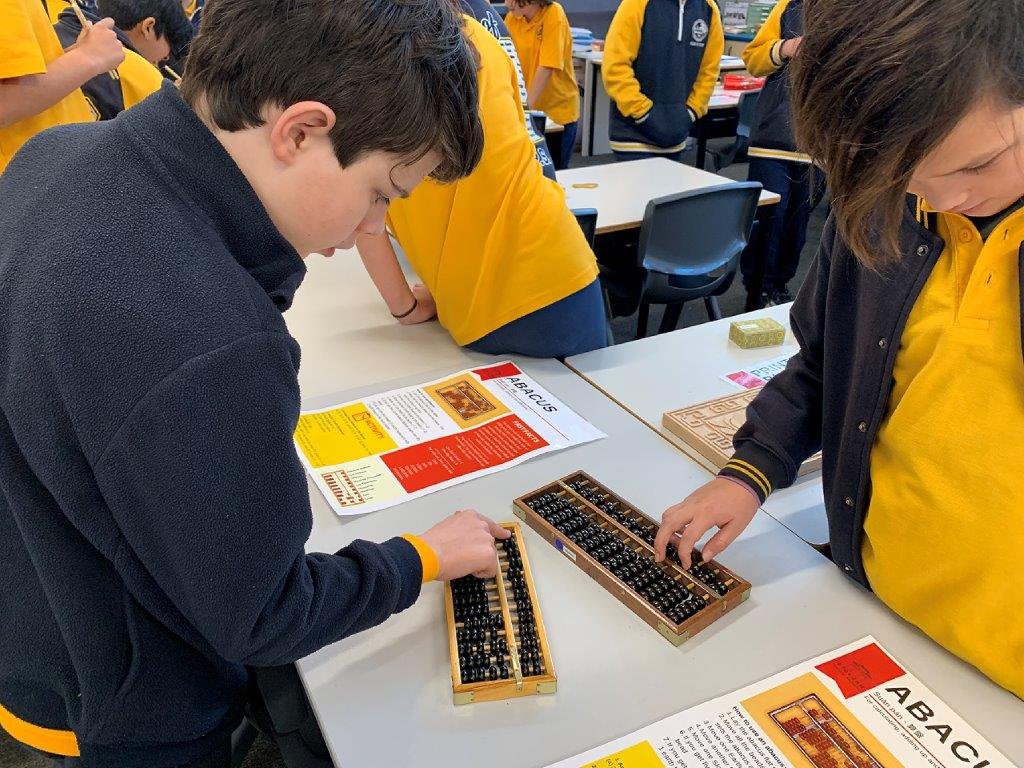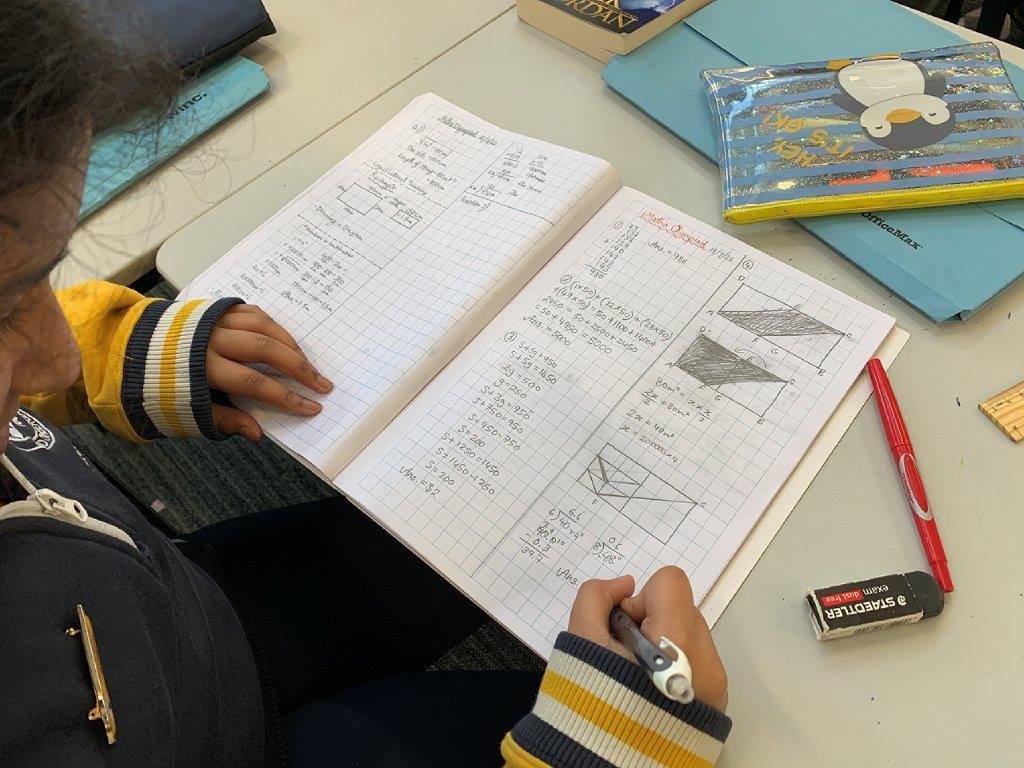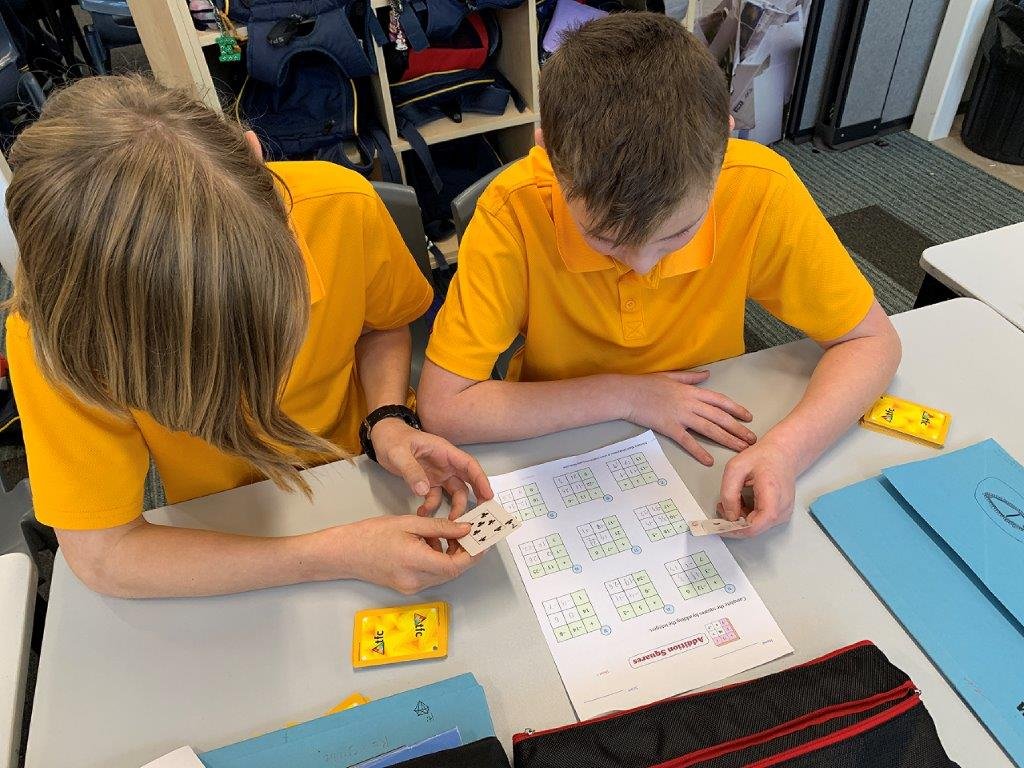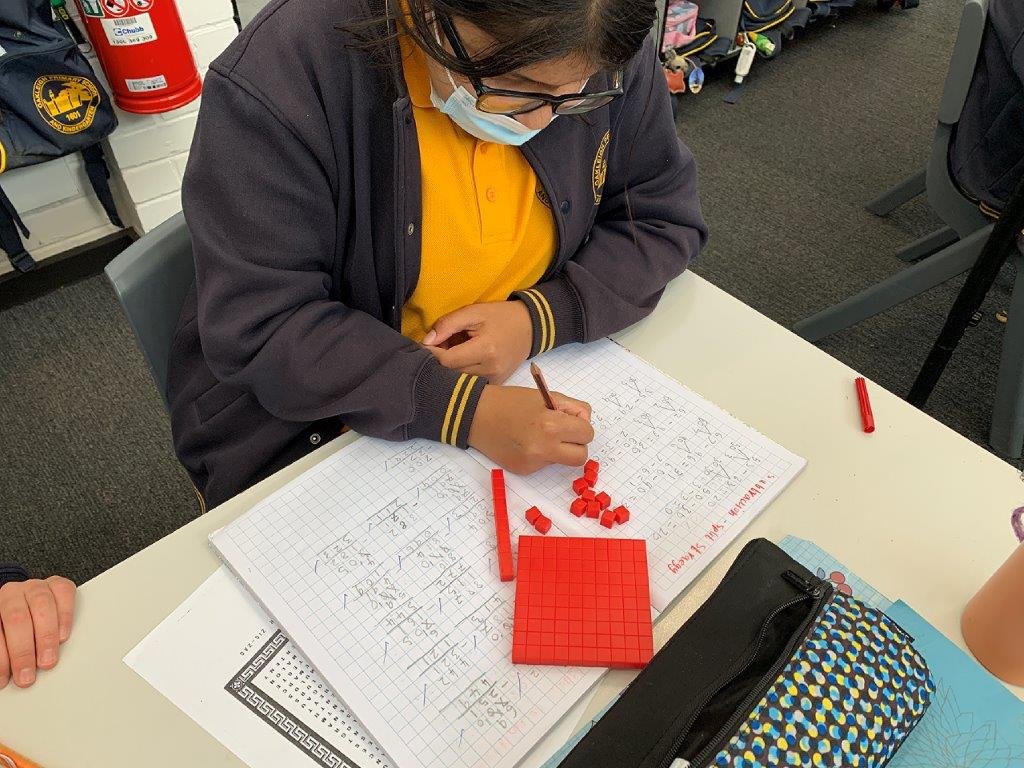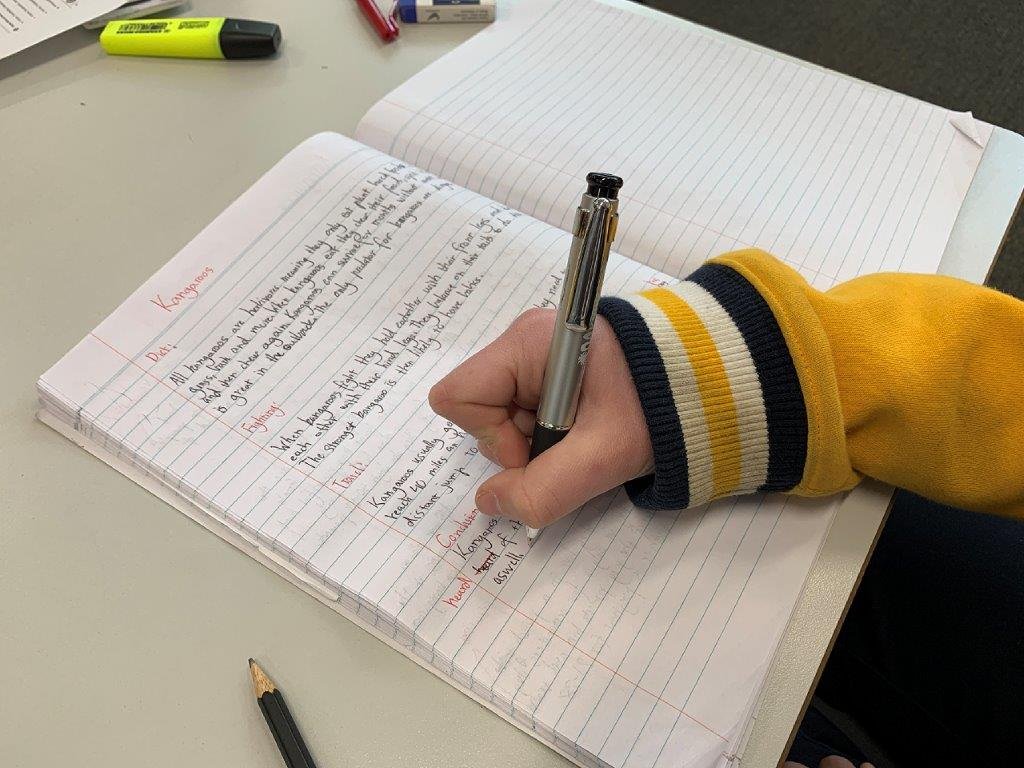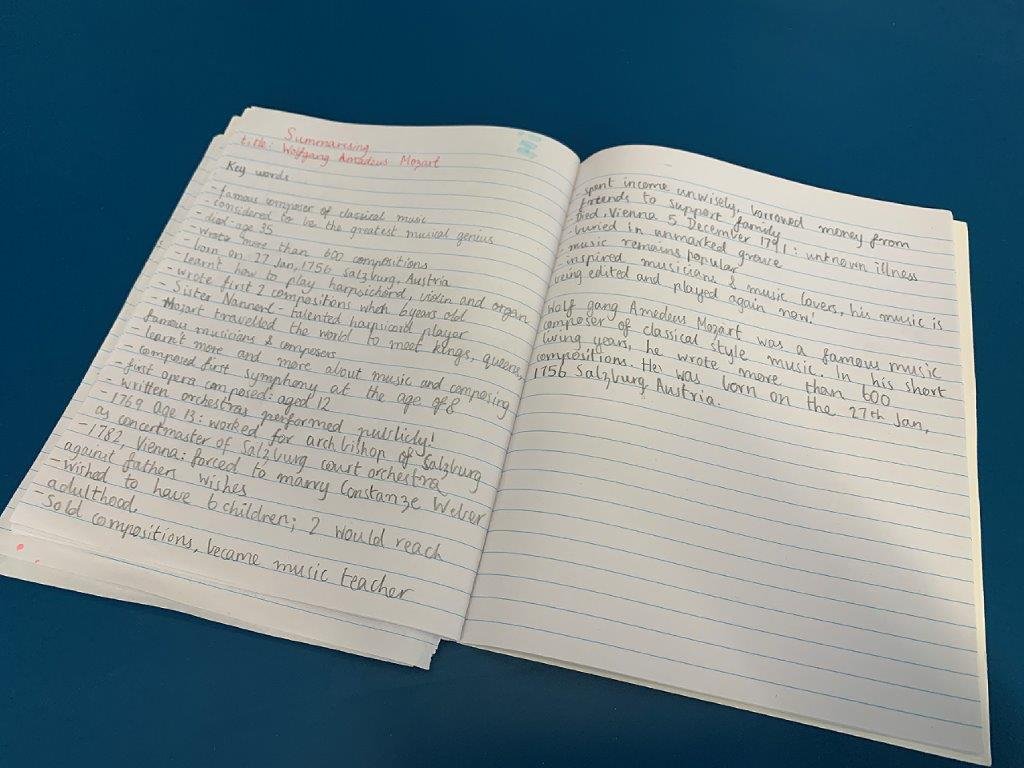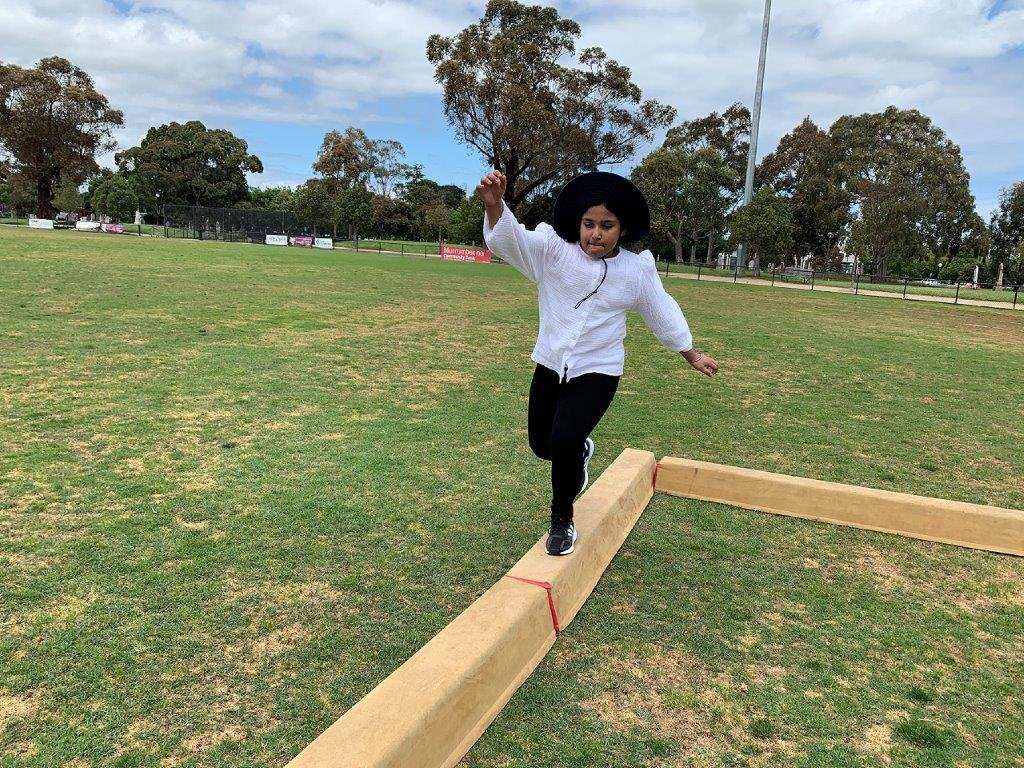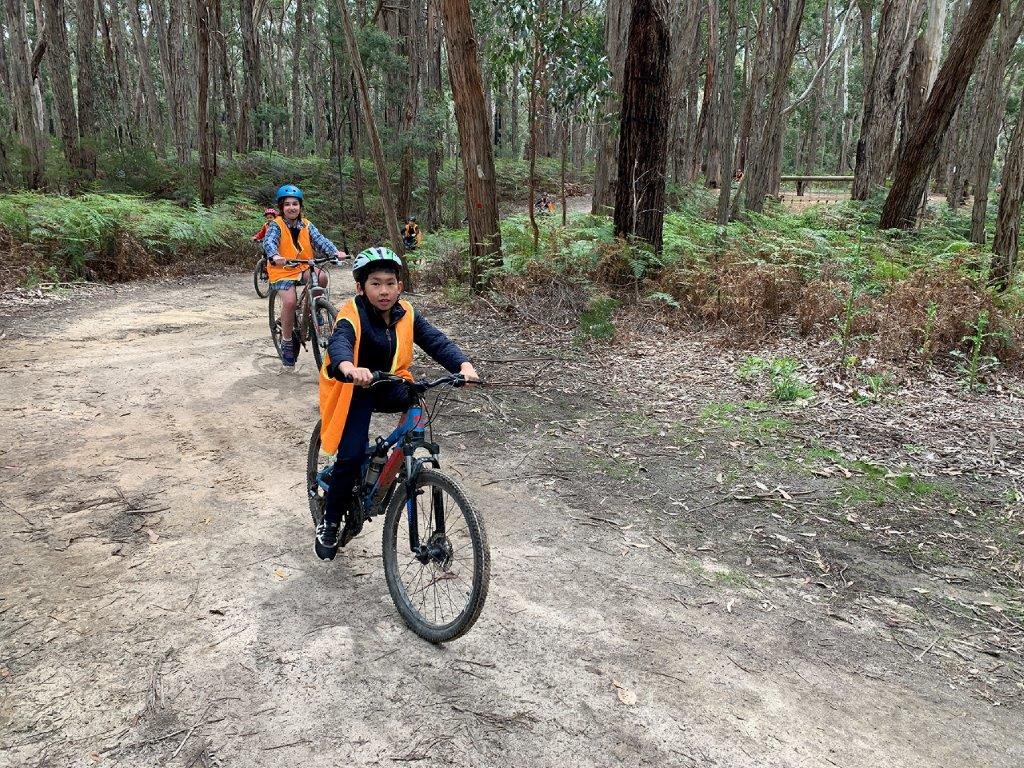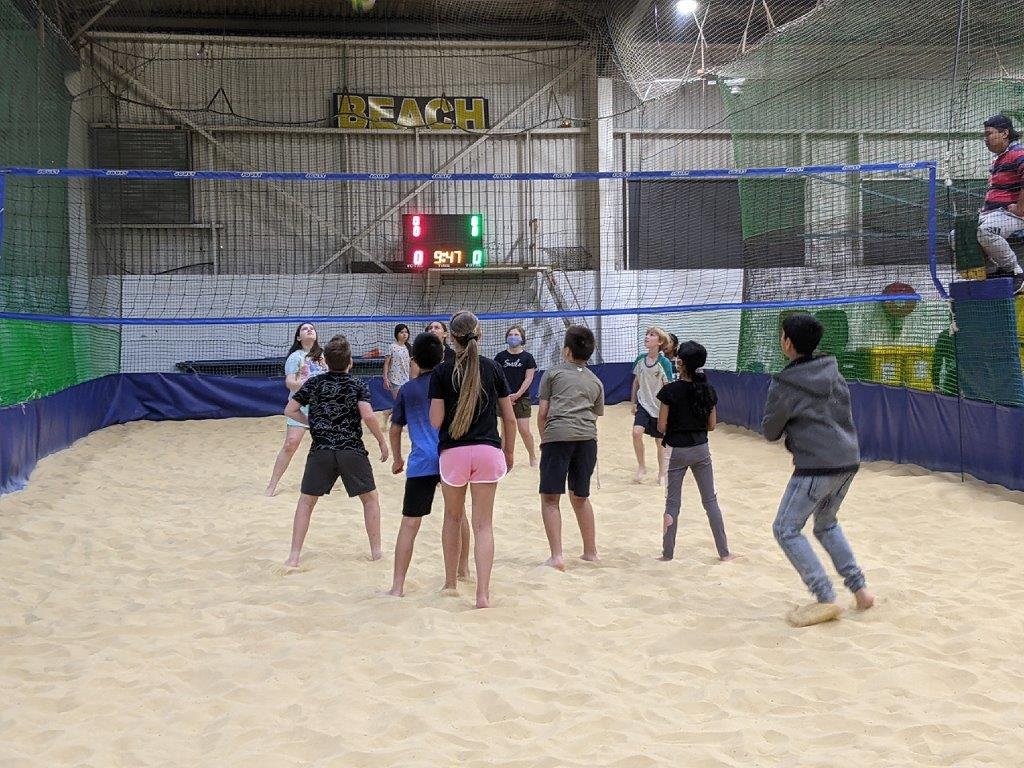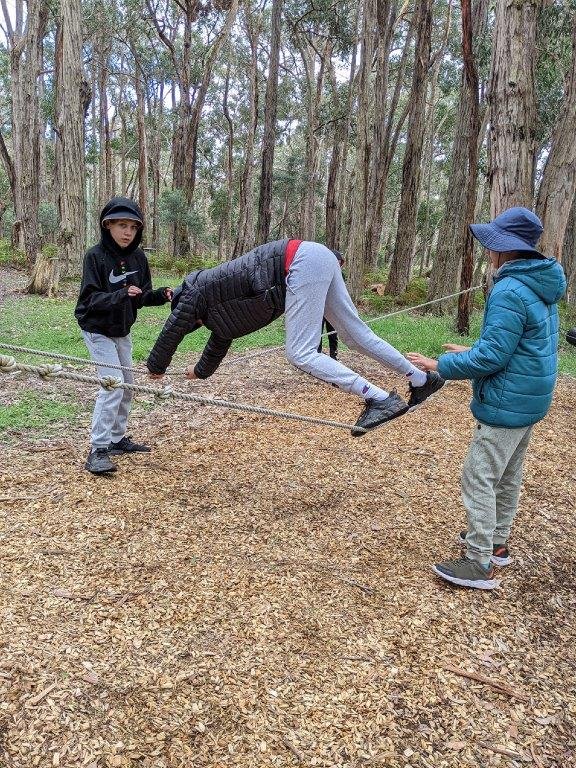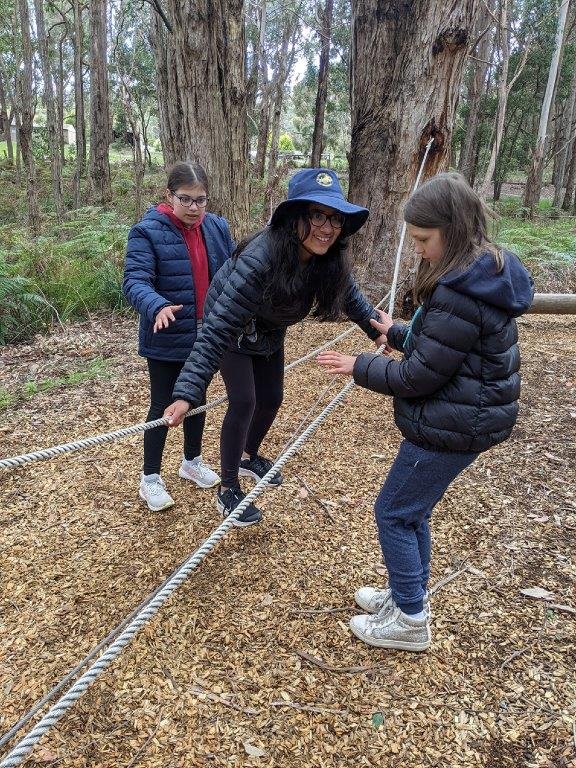Year 5 & 6
Literacy
Students in Years 5 and 6 will continue to develop their passion for literacy. In particular, we focus on Independent Reading and the process of creating more refined pieces of writing.
We encourage all students to consistently challenge themselves in order to achieve their absolute best. Sessions around finding appropriate books and how to read for a more sustained period of time are all covered at the beginning of each year. As each term progresses, we then build upon the following reading strategies: activating prior knowledge, questioning, predicting, making connections, visualising, making inferences, summarising, comparing and contrasting, identifying facts and opinions, linking causes and effects, along with synthesising.
Students will also improve upon their writing skills from previous years. The first half of each year primarily covers narrative and persuasive writing, before moving into units which concentrate more on information reports and biographies. Throughout each unit, students will explore appropriate structure and a range of grammatical rules. We encourage each student to bring their own voice to the Year 5/6 writing program. This is done by encouraging choice, e.g. by exploring story genres and non-fiction topics that they are passionate about.
Numeracy
Our numeracy program engages students with important mathematical ideas, knowledge and skills that they will draw on in their everyday lives. The curriculum prioritises the development of increasingly complex and refined mathematical understanding, fluency, reasoning and problem-solving. These capabilities assist students in how to approach familiar and unfamiliar situations. They employ new skills and understandings to make informed decisions and solve problems using efficient methods.
In the Year 5/6 area, we develop these skills and qualities by engaging in rich, authentic and challenging tasks. Lessons are targeted to address the specific needs of students. They can see the relevance of their mathematical learning to their own life experiences. Students work together to solve mathematical problems, including open-ended tasks that can extend their learning. Crucially, we aim to build each student’s confidence and enthusiasm for learning maths in preparation for the concepts covered in high school.
Positive Education and Respectful Relationships
In Years 5 and 6 we have a regular focus on the wellbeing and health of our students. Positive Education is embedded in our day to day schooling. Our students are continuing to discuss and develop their understanding of positive emotion, having a growth mindset and practising mindfulness. We feel it is important to engage with our community and give back to the school through our Year 6 leadership program, helping out across the school. In previous years, we have conducted a Positive Design Project. When the school renovations have been completed, we hope to revive this program and share the exciting concepts which have been created!
The Respectful Relationships program has been a great addition to our explicitly taught wellbeing program. We look at positive, negative and mixed emotions and help the students understand that their day can feel like a roller coaster of emotions. A strong focus on coping strategies and positive self-talk has been essential in the preparation for secondary school. Further developing their problem solving skills and help-seeking strategies has continued to build our students' independence and confidence to talk about problems now and in the future. We love to see our students smiling, building resilience and having the skills and strategies to manage what life may throw at them before they move into the next part of their education.
Inquiry
Our students work with different teachers to focus on a variety of topics. These include:
Infinity and Beyond! - One of our major inquiry units is all about space. Students explore the relationship between the Earth, Sun, Moon and their movements, as well as the planets of the solar system and their comparative sizes, atmospheres and distances from the Sun. They also investigate the difference between gravity on Earth vs outer space. Later, students research and prepare an oral presentation about an object in space of their choosing. We end the unit with an excursion to Scienceworks where students have an educational session, a Planetarium show and an opportunity to explore what else Scienceworks has to offer.
Digital Technologies and Cyber Safety - Students regularly look at appropriate uses of technology along with strategies to help overcome challenges if they arise, including cyberbullying. We discuss the positives and negatives of interacting online, along with means in which to approach this safely. As students begin to develop more advanced skills, they explore website creation and a variety of different programs which focus on different coding languages and devices.
History - During history sessions, students explore migration patterns to Australia and the impact this has had on Indigenous people. Students learn about push and pull factors, the White Australia policy and post-war migration.
Indigenous Studies - It is important to acknowledge the diverse nature of Aboriginal & Torres Strait Islander culture in this country and how definitions, terminology, cultural practices and symbols can differ considerably across mobs, clans, regions and states. Building on our First Fleet learnings, we aim to provide students with additional knowledge on how First Nations people/communities have historically shaped Australia and how current and emerging leaders are helping to shape Australia’s future.
Other units across the Year 5/6 area include: Civics and Citizenship, Geography, Chemical Science, My Classroom Economy, Design and Creativity and Physical Science.
Leadership
All Year 6 students participate in the school’s Student Leadership Program, with further expectations placed on school captains, vice-captains and house captains. Students take action within 5 leadership groups; these are, Library, Sport, Environment, Teacher Support and Outside Helpers. All students spend three terms assisting in these roles. The student leadership program aims to build student capacity to take positive action within their school community for the benefit of all. During the term that students are not assisting in a leadership role, undertake robot and coding sessions.
“The only way to make sense out of change is to plunge into it, move with it, and join the dance.”
